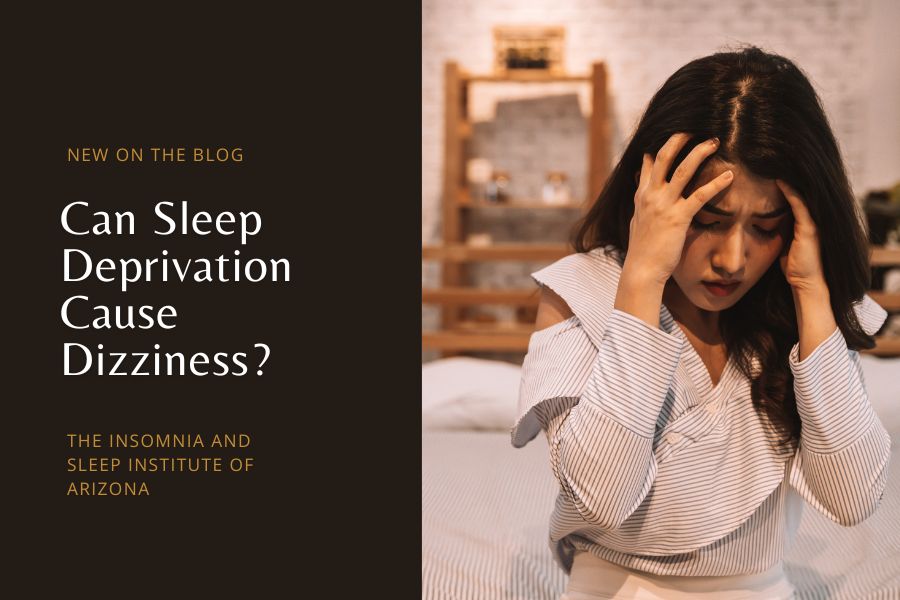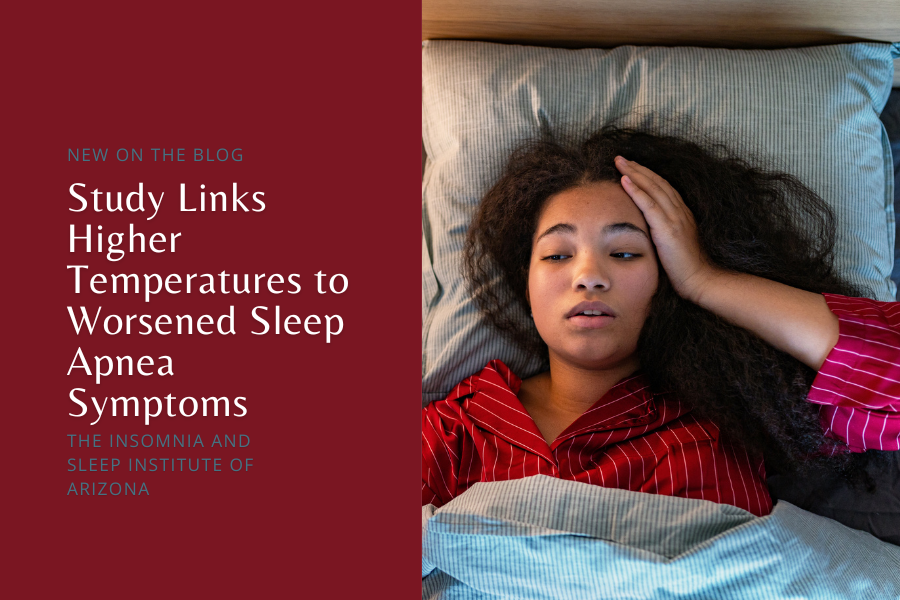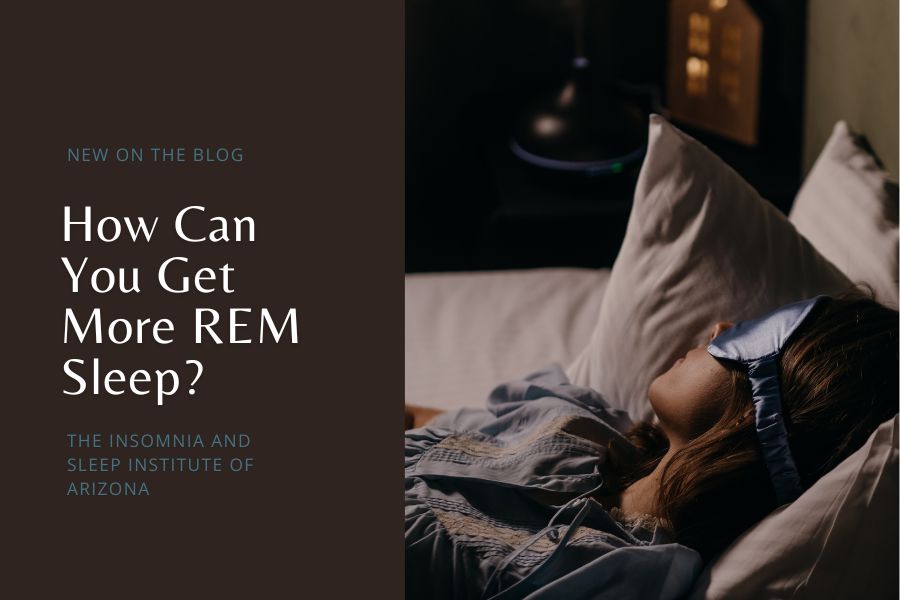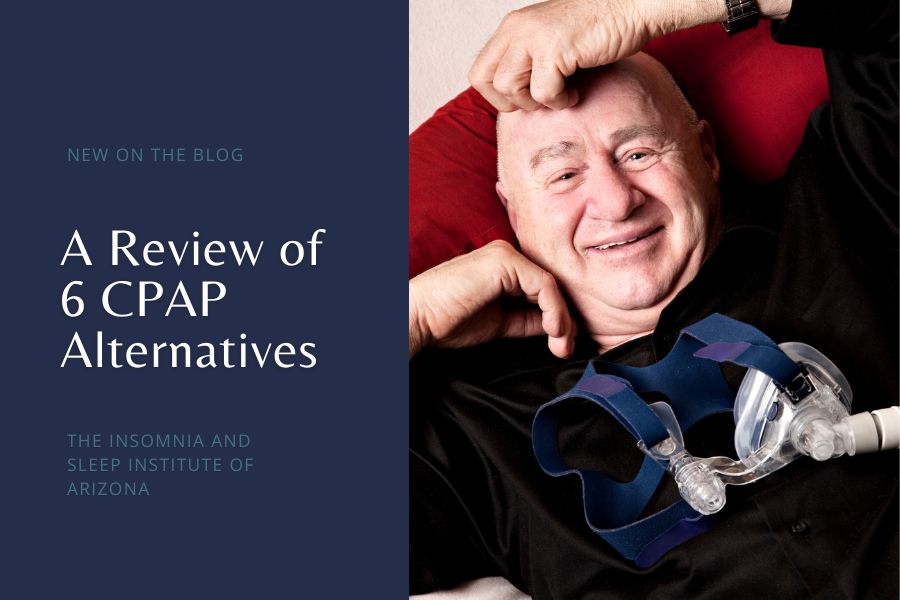Sleep deprivation impacts your brain, body, and balance in ways that may surprise you. Over 35% of adults in the U.S. get less than 7 hours of sleep nightly, putting their health at risk.
So, what’s behind the spin, and when should you be concerned?
What Are the Reasons Sleep Deprivation Causes Dizziness?
Sleep deprivation, a condition that occurs when the body doesn’t get enough rest, is known to cause numerous health issues, including dizziness. This sensation, often described as lightheadedness, imbalance, or vertigo, can arise from several mechanisms. Additionally, sleep disorders like obstructive sleep apnea and chronic insomnia have been linked to an increased risk of vertigo and dizziness, adding complexity to the issue.
1. Impaired Cerebral Oxygenation
Adequate sleep keeps the brain well-oxygenated and functioning properly. Without enough rest, oxygen levels drop, impairing brain activity and triggering dizziness. Breathing interruptions during sleep, like those in sleep apnea, make the problem worse. Oxygen flow to the brain becomes limited, leaving many struggling with morning dizziness.
2. Dysregulation of Blood Pressure
During sleep, blood pressure dips to allow the cardiovascular system to rest. Poor sleep disrupts this process, keeping stress hormones like cortisol elevated. Hormones like this can cause blood vessels to constrict, leading to higher blood pressure. Chronic sleep loss puts extra strain on the heart, increasing the risk of hypertension. Blood flow irregularities from poor sleep can also cause dizziness and lightheadedness.
3. Vestibular System Dysfunction
The vestibular system in the inner ear controls balance and spatial awareness. Sleep deprivation disrupts neural signals necessary for balance. In sleep apnea, oxygen deprivation damages the vestibular system. This impairment leads to dizziness and vertigo. The brain struggles to interpret balance signals accurately. Studies show sleep apnea patients experience more vertigo, linking sleep disorders to vestibular dysfunction.
4. Dehydration and Poor Diet
Sleep deprivation often leads to drinking less water, driven by fatigue or lack of focus on hydration. Reduced hydration lowers blood volume, limiting oxygen supply to the brain. These changes can trigger dizziness and affect overall balance.
Similarly, sleep deprivation often drives cravings for sugary or fatty foods, causing blood sugar spikes. Sudden crashes follow, disrupting the energy balance in the body. Such instability can increase the likelihood of dizziness.
Moreover, sleep disorders such as sleep apnea and insomnia increase the risk of vertigo and dizziness. Obstructive sleep apnea disrupts blood flow to the inner ear, often triggering balance issues. Insomnia amplifies stress, which can worsen dizziness symptoms.
Could Dehydration Worsen Sleep-Deprivation Dizziness?
Yes, dehydration also worsens dizziness linked to sleep deprivation. Hydration directly affects brain function and balance. Many misjudge how closely hydration and sleep are connected.
- Reduced Blood Volume: Dehydration reduces blood volume, straining the heart’s ability to supply oxygen to the brain. Lower blood flow increases the risk of dizziness and fainting. Sleep deprivation worsens this effect by further weakening the body’s resilience.
- Electrolyte Imbalance: Hydration keeps electrolytes balanced for proper nerve and muscle function. Sleep deprivation disrupts this equilibrium, weakening bodily processes. Dehydration intensifies these effects, reducing overall stability. Poor electrolyte balance hampers communication between the brain and body. The result is an increased likelihood of dizziness and imbalance.
- Slower Recovery: Sleep deprivation strains the body’s ability to recover effectively. Dehydration makes it worse by slowing nutrient and oxygen delivery to tissues. Brain function is especially affected, leading to prolonged dizziness. Fatigue becomes harder to shake off when hydration is low. Prioritizing sleep and hydration helps restore balance.
When Should You Be Concerned About Sleep-Deprivation Dizziness?
Dizziness from lack of sleep usually goes away with proper rest. Sometimes, it can point to a bigger health problem that needs care. Recognizing when to seek help is important to staying healthy.
- Persistent Dizziness: Dizziness lasting several days after better sleep could signal a deeper health issue. Chronic lack of sleep can worsen inner ear disorders or heart-related conditions. Persistent symptoms may require medical evaluation to identify the root cause.
- Severe Symptoms: Episodes of dizziness with fainting, blurred vision, or confusion require urgent medical attention. Such signs may indicate serious issues like low blood pressure or anemia. Neurological disorders could also be underlying causes and should be ruled out.
- Frequent Recurrence: Dizziness after sleep deprivation could signal an undiagnosed sleep disorder. Obstructive sleep apnea (OSA) often disrupts oxygen levels during sleep, triggering dizziness. Around 30 million adults in the U.S. live with OSA. Many cases go undiagnosed, leaving symptoms untreated.
- Impact on Daily Life: Dizziness that disrupts daily tasks signals severe sleep deprivation. Impaired balance can lead to falls and injuries. Older adults and those with health issues face even higher risks. Addressing sleep problems early helps prevent these dangers.
- Additional Health Issues: Dizziness with symptoms like chest pain or rapid heart rate requires attention. Severe headaches alongside dizziness may signal neurological issues. Sleep deprivation can worsen these conditions, adding to the risk. Early evaluation helps identify and address underlying problems.
What Are the Long-Term Consequences of Sleep Deprivation?
Sleep deprivation isn’t just about feeling tired; it has profound and lasting impacts on physical and mental health. Over time, insufficient sleep takes a toll on nearly every system in the body. Below are some of the long-term consequences:
Cardiovascular Disease:
Sleep allows the cardiovascular system to slow down and recover. Inadequate sleep stops this recovery process, keeping blood pressure elevated. High blood pressure from poor sleep strains the heart and blood vessels. Over time, this strain causes damage and increases health risks.
Inflammatory markers from sleep loss can also trigger plaque buildup in arteries. Such buildup significantly increases the risk of coronary heart disease. Studies reveal that sleeping fewer than six hours raises heart disease. Chronic sleep deprivation poses a serious threat to cardiovascular health.
Cognitive Decline:
Sleep allows the brain to clear waste, including harmful amyloid plaques. The glymphatic system becomes highly active during deep sleep to flush out these toxins. Amyloid plaques, sticky protein deposits, build up when sleep is disrupted. Their accumulation is strongly linked to Alzheimer’s disease.
Deep sleep boosts cerebrospinal fluid flow, clearing harmful substances from the brain. Lack of sleep interrupts this process, causing toxic plaque buildup. Over time, these plaques increase the risk of cognitive decline. Poor sleep also weakens memory consolidation and cognitive processing. Chronic deprivation significantly raises the likelihood of dementia.
Weakened Immune System:
Poor sleep disrupts the production of cytokines, which are proteins essential for the immune response. Cytokines help regulate inflammation and fight off infections. During sleep, the body produces and releases more of these protective proteins, particularly during deep sleep stages.
Inadequate sleep reduces the production of immune-boosting proteins. Fewer cytokines weaken the body’s ability to fight infections. Immune defenses become less effective against colds and flu. Chronic inflammation worsens without proper sleep, increasing disease risks. Prioritizing rest strengthens the immune system and prevents illness.
Metabolic Disorders:
Sleep deprivation disrupts the balance of hunger-regulating hormones, ghrelin and leptin. Ghrelin, which signals hunger, increases with poor sleep, while leptin, which signals fullness, decreases. This imbalance encourages overeating, often of calorie-dense foods, leading to weight gain.
Excess weight, in turn, increases insulin resistance, a precursor to type 2 diabetes. Chronic sleep deprivation disrupts glucose metabolism, making it harder for the body to manage blood sugar. Studies show this significantly increases the risk of developing type 2 diabetes.
Mental Health Decline:
Chronic sleep deprivation disrupts emotional regulation and stress response. Inadequate sleep lowers serotonin levels, weakening mood stability. Depression and anxiety risks sharply increase with prolonged poor sleep.
Additionally, lack of sleep overactivates the brain’s fear-processing center, the amygdala. Connections to the rational-thinking prefrontal cortex weaken during sleep deprivation. Emotional distress intensifies as these changes create an imbalance. Coping with stress becomes harder, worsening mental health challenges.
How Can The Insomnia and Sleep Institute of Arizona Help?
Insomnia and Sleep Institute of Arizona provides expert care for sleep-related issues. Specialists focus on conditions like sleep apnea and insomnia.
The institute uses advanced diagnostic tools, such as polysomnography and home sleep tests. Treatment options range from CPAP therapy to behavioral interventions, ensuring long-term relief.
Contact us today if you suspect a sleep disorder might be affecting your health.
Our sleep experts are available in Scottsdale, Phoenix, and Gilbert.
References
Nagai, M., Satoshi Hoshide, & Kazuomi Kario. (2010). Sleep Duration as a Risk Factor for Cardiovascular Disease- a Review of the Recent Literature. Current Cardiology Reviews, 6(1), 54–61. https://doi.org/10.2174/157340310790231635
Health, V. (2022, January 11). Vestibular Health. Vestibular Health. https://www.vestibularhealth.ca/blog/sleep-and-vestibular-disorders








